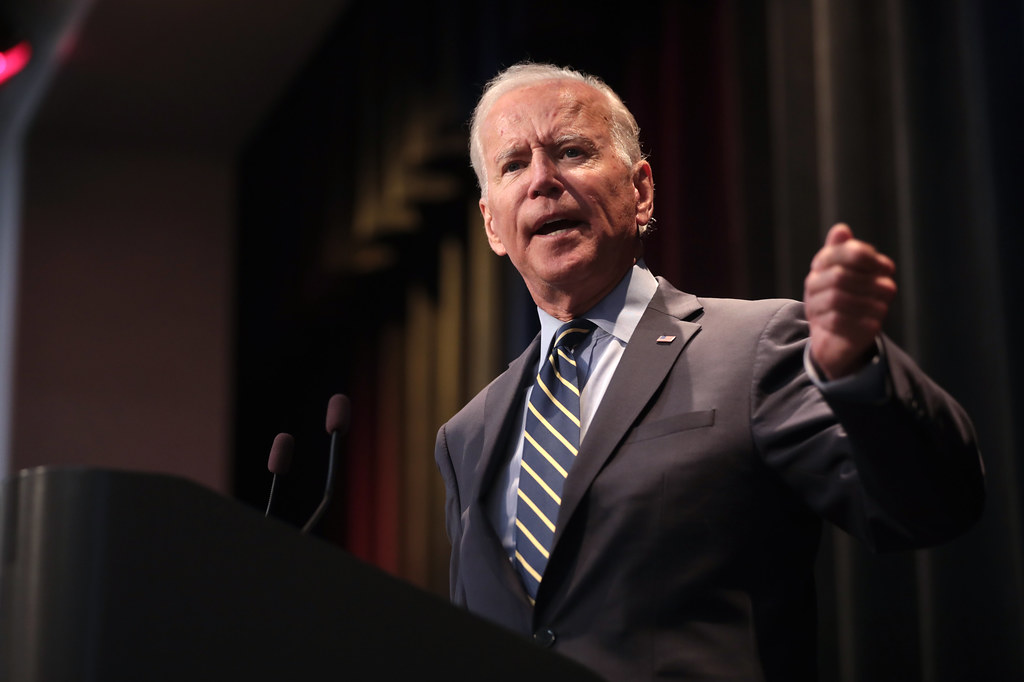
The COVID-19 pandemic continues to affect many aspects of daily life by bringing about unexpected societal outcomes, such as the notable increase in sexual violence. Domestic abuse is becoming increasingly prevalent during the pandemic, a consequence of the many stay-at-home orders instituted throughout the past year.
As people face worsening circumstances, tensions rise in households and victims of domestic violence do not have the ability to escape the confinement of their homes. During the COVID-19 pandemic, common exacerbating factors of violence against women – especially domestic violence – include health concerns, cramped living conditions, isolation with abusers, financial worries, movement restrictions and deserted public spaces.
Additionally, a fear of catching the virus makes victims reluctant to go to the hospital or crisis centers, which otherwise offer life-saving screenings for domestic violence. In the meantime, such centers and social service providers struggle to provide their services whilst adhering to the COVID-19 health protocols.
The consequential increase in domestic and sexual abuse, paired with a decrease in resource availability for the victims, created what the United Nations (U.N.) describes as a “Shadow Pandemic.”
For Sexual Assault Awareness and Prevention Month, President Biden released a proclamation that described the increase of sexual assault and domestic abuse that occurred, and continues to occur, during the pandemic. He also publicly recognized that sexual assault was already a health crisis of its own prior to the pandemic.
In his proclamation, he also detailed the support that his administration is in the process of providing through the $450 million in funding to domestic violence and sexual assault services through the American Rescue Plan (ARP).
Along with financial aid, President Biden has also created the first-ever White House Gender Policy Council, whose goal is to pursue gender equity and develop the National Action Plan to End Gender-Based Violence. To further strengthen the national commitment to end gender-based violence, President Biden also included a call for the renewal and approval of the Violence Against Women Act (VAWA) that he championed as a Senator.
If you or someone you know may be experiencing domestic violience, please call the National Domestic Violence Hotline at 1-800-799-7233. If you or someone you know may be in immediate danger, call 911.
